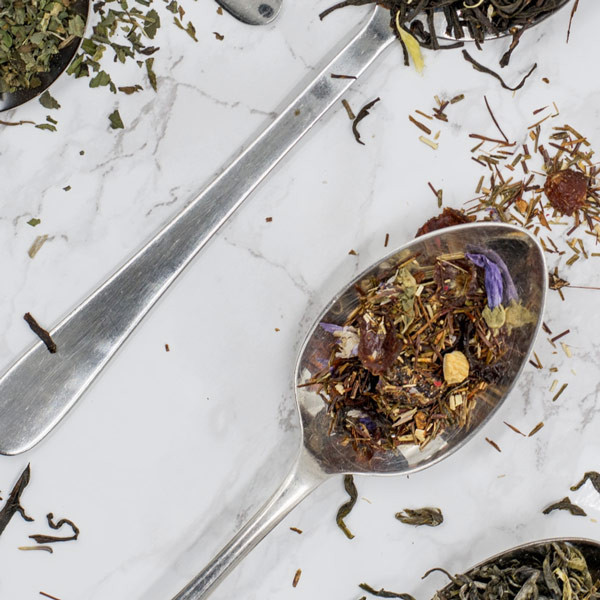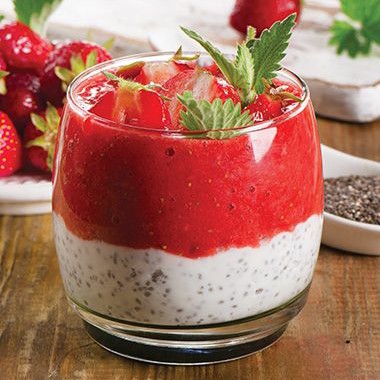Gluten-free diets have become quite the vogue in recent years. Dieticians, backed by recent scientific studies, have recommended it as a way to avoid conditions like gluten sensitivity through to coeliac disease. There’s no doubt that eliminating gluten is often the only way to alleviate this debilitating condition however gluten-free diets have also become faddish for those without gluten-related illnesses. These diets are sometimes linked with remarkable weight loss, better mental health and overall better wellbeing.
So what’s the fuss? Should we be moving away from consuming gluten altogether, even if we can tolerate the protein? Should we all go on such a diet for better health and wellbeing? The answer is no, not necessarily. It will depend on your physical makeup, your sensitivity to gluten and how much protein your diet already contains. To answer this, it is necessary to understand what it is and how intolerance can affect some people.
Gluten is a group of proteins found naturally in wheat and other grains which many people find difficult to digest. According to the magazine Live Science, the protein “...both nourishes plant embryos during germination and later affects the elasticity of dough, which in turn affects the chewiness of baked products”. (1) It is estimated that around one in seventy Australians suffer from Coeliac disease, but around 80 percent of these remain undiagnosed. (2)
Clearly gluten intolerance is a major condition and one that may have lasting health benefits for people who suffer the condition. Untreated, it can result in chronic inflammation with any number of the diseases associated with this, damage to the small bowel and other conditions. Those with severe intolerance may experience debilitating gut cramps and bloating at even the slightest exposure to the protein. Usually the only remedy is to remove gluten completely from the diet.
While a completely gluten-free diet is the only way to prevent the symptoms of gluten intolerance there appears to be a sharp difference amongst experts as to whether such a diet is beneficial for the rest of the population. Indeed there are many who advocate that we should all be on a gluten-free diet. This movement is based on the Paleolithic (or Caveman) diet. Their central argument is that human consumption of grains is only a relatively recent development — since settled agriculture began around the world — and therefore the diet of our ancestors, of the Paleolithic era, is the natural diet for all people and should be followed.

Typically Paleo avoids gluten by removing all grains from the diet, concentrating on fresh meats and fish, fruits, vegetables, eggs, nuts and seeds. It avoids processed foods, dairy and wheat with proponents saying if it wasn’t consumed by our Paleolithic ancestors, it is unnatural and shouldn’t be touched. (3)
However the alternative body of thinking says you shouldn’t go on a gluten-free diet unless you suffer from some sort of gluten allergy. Indeed many nutritionists argue that without making other adjustments in your diet, going gluten-free can have a poor effect on your health. This is because wheat — which contains gluten — is an excellent form of protein and fibre. It is often the case that gluten-free products are made with highly refined grain alternatives and are therefore low in nutrients. According to the Scientific American, studies show gluten-free diets can be deficient in fibre, iron, folate, niacin, thiamine, calcium, vitamin B12, phosphorus and zinc. (4)
Should you be considering trying a gluten-free diet, experts say it is important to replace wholegrains with a healthy grain, such as quinoa or buckwheat, ones that are naturally gluten-free, yet have a good balance of nutrients. This balance should also be achieved by eating fresh fruit and vegetables. Lentils, legumes and pulses (such as black beans, red kidney beans, split peas etc) and nuts and seed can be incorporated into the diet to replace the lost fibre and nutrients.
More information on the ideal gluten-free diet from Body and Soul. (5)
Its confusing isn’t it? Perhaps the best advice is to try the common sense approach. First make an appointment with your health or nutrition professional to find out if you need to cut out gluten. If you have no such allergies, but you still would like to cut out gluten, try gradually reducing your intake of foods that contain it.
It may be obvious to say “you are what you eat” but it really has only become accepted wisdom in our modern day culture in recent decades. Taking that concept further though is the concept of “you are what you absorb”. Put simply this means a good diet is not enough. Sometimes our bodies can’t absorb — or are intolerant to — nutrients which cause health problems rather than nourish our bodies. Gluten intolerance is a good example of this.
See Coeliac Australia’s page for more detailed advice on the type of foods you should eat if you are contemplating going gluten-free. (6) As you can see from the foods listed, a gluten-free diet needn’t be unimaginative, nor is it lacking in nutrition. You need to be aware — says Coeliac Australia — of the possibility of gluten being added into other foods, so-called cross contamination. Be prepared to read labels carefully, looking for the “may contain gluten” warning.
Remember though, that a gluten-free diet may not suit you, particularly if you don’t replace the fibre and nutrients from wholegrains in your food. This is why it is wise to talk to your health and nutrition professionals prior to starting the diet.
Are you on a gluten-free diet? What has been your experience? How do you replace the protein, nutrients and fibre usually supplied through gluten? We’d love to hear if you have found it suited you and helped you with any gluten-related allergies. However we’d also like to hear if you found any other beneficial — or not so good — side effects of the diet. Please add your comments below.

Love Health?
From recipes, trends and discounts, expect great things via email this month.
More Great Reads!
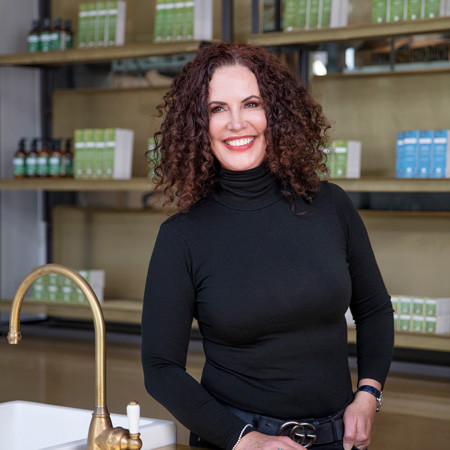
Behind The Brand: Antipodes
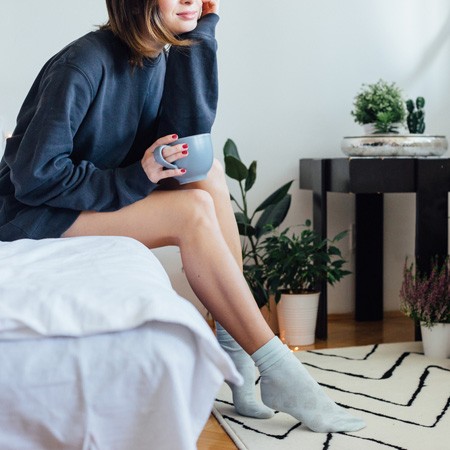
How to bring mindfulness into the home
Recipes We Love!
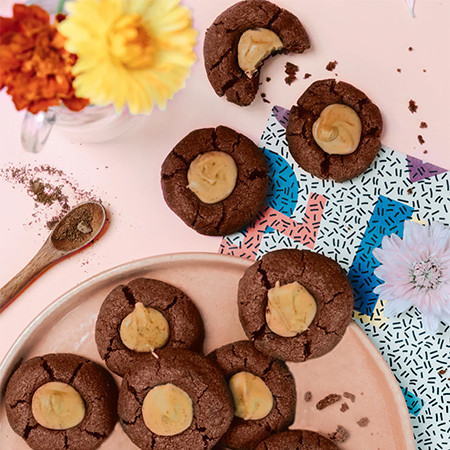
Clever Cookies







